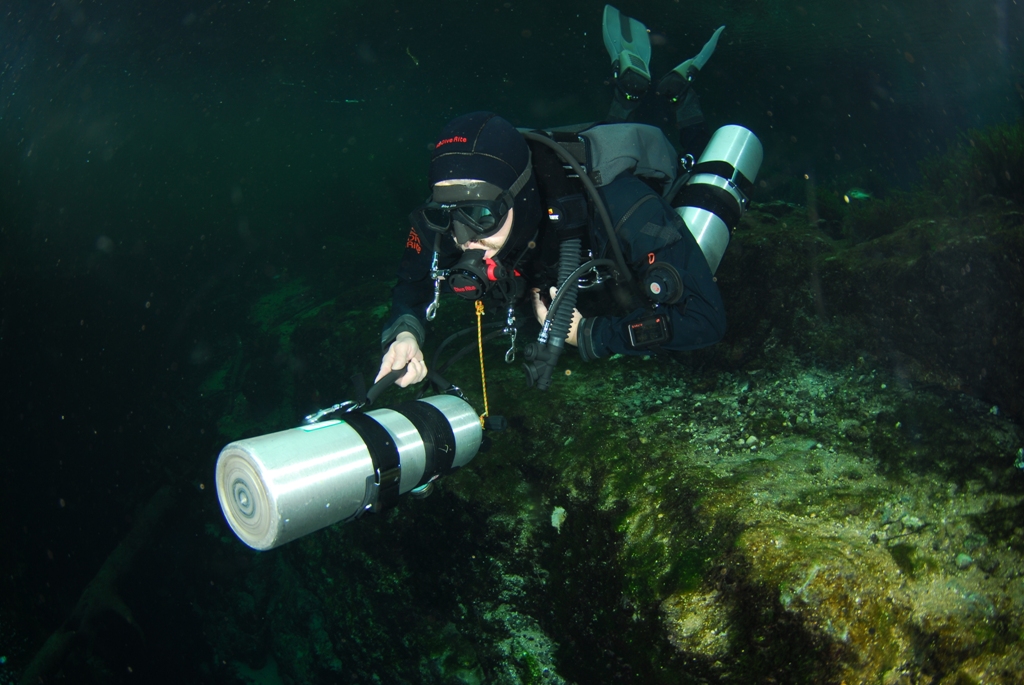When I first learned about memory techniques, I was in university, and as usual, had picked up a self-help book at the bookstore out of curiosity. This book was like a digest of little tools for improving one’s memory. Not bad! I like digest-type books, and a super-memory was something I definitely didn’t have. I had criticized myself more than once for forgetting things. Why? Because it effectively makes you look really clueless and dumb, is why. Especially if you’re around people who remember day-to-day things pretty well!
The more I thought about it, the better the book sounded. What about just memorizing all of my school materials, instead of learning them? After all, that’s what some of my courses seemed to demand. In fact, I wasn’t fully ready to admit that the “learning environment” was so terrifically rote in nature, but it was true. The university as a place of learning was more like a “place of memorization,” in many ways. And I could certainly withdraw from the game, but why not give it a shot, play the game on its own terms! Poof, a course memorized! Grades up, more time for relaxation and fun!
My first memorizer-mission came along very soon thereafter. I had to take a pre-test for one of my film theory courses, and was given a thick study packet and a week to prepare.
The way it worked was, if you didn’t score highly enough on the pre-test, you were not allowed to take the course. But if you did score high enough on the pre-test, you could skip the mid-term exam! Kind of silly at a high level (I mean, it’s this head-in-the-clouds theory course after all), but not a bad deal at a very low here’s-a-carrot level. And what a perfect way to test out my new memory skills!
I read over my new memory book and found the technique that I thought would work. Some techniques require memorization up-front just to learn the technique; those weren’t so great for me. But the techniques that got right into visualization seemed to work really well. The book also advised the use of sensory immersion, like imagining not only the tomatoes and cottage cheese that you needed to buy at the store, but that you were rubbing them all over your body and smelling your skin afterwards, or imagining that they were coming out of the grocer’s nose, first the cottage cheese, and then he screamed in pain as the tomatoes came out too, or whatever. (I mean: It really works, and if you just read that and tried to experience it, you, too, will probably always remember the first two grocery items I ever memorized.)
I sat down to prepare for the test, working my way through the packet. In my mind, I constructed a sort of amusement park ride, the kind where you sit in a cart on the rails, and it takes you through various rooms. Each room had something to do with film theory or theorists. (Levi-strauss was an easy room, very denim, as I recall). It was fun, easy to remember, and I headed into the test on a cold winter morning feeling relatively confident.
As it turned out, I had over-over-prepared. I had all but memorized the entire course. I took the pre-test and scored over 100%, nailing all of the extra credit essay answers by simple regurgitation. Not only would I not have to take the mid-term exam, but I would never struggle to answer a single question in the class.
When I got my test back, word of this exceptional score spread fast, and several of the other students looked at me like I was some kind of an alien from an advanced civilization. We had groaned about the class together, but now it was confirmed—my groaning had clearly been fake, and I deserved some ribbing.
And that was it! My freakish memory gift had arrived. Poof! Level-up.
But there were some consequences.
The downside: It’s still not a core gift. And what’s a core gift?
After that experience, I wanted to memorize everything. But the annoying part was, I still forgot lots of things. And it feels even worse to forget things after you have what you think is a powerful memory.
I forgot my course schedule, I forgot names, I forgot my homework, I forgot about my date with the friends from work and double-booked myself—I was still very much that awful, no-good, forgetful person. And instead of thinking, “OK, so this is not just a blanket fix-all gift,” I made a beginner INTJ’s mistake. I decided: “I need to memorize more.” After all, there were methods galore! The solution for my entire forgetful life was soon to come.
Well, it didn’t work.
As it turns out, improving the INTJ memory is an area that costs us extra CPU cycles. A lot of them. We INTJs typically invent systems that protect us from memory problems, rather than trying to fix ourselves and our poor memory. But we know that systems will never be a 100% solution (this is definitely true), so eventually all of us will have a go at fixing ourselves, in one way or another. And once we really swing hard toward areas like memorization, get ready: Exhaustion kicks in fast.
On top of that, there’s another dimension to it: No amount of memorization will ever seem like “enough.” Combine these two dimensions and you get a complete disaster in the making, if you’re not careful.
I believe my focus on “memorizing all the things” was one of the primary contributors to my complete breakdown as a senior at university. My expectations of myself were too high, and I was moving very quickly out of the territory of INTJ gifts, without even knowing that “INTJ gifts” were a thing that I had. I wore myself out, and when I no longer had legs beneath me, I fell flat. I couldn’t get out of bed in the morning, I couldn’t focus on my courses, and I wasn’t interested in anything at all.
Memory techniques helped me memorize things, sure. But I had no sense of priority, and suddenly gave all of my energy over to the most boring part of my university experience, without even considering what that would do to my engagement and interest levels, and even my sense of identity.
This is what it feels like to over-use a non-core gift. It is not meant for the duration. It’s not meant to support your life in significant ways. Your identity does not, and probably should not, depend on it. You may put some weight on its structure here, but not over there, because you will probably fall right through.
Lessons learned
I gave up on memory for many years after this. I didn’t really know how to set boundaries around it. It was hard, and even annoying to think about, and I wasn’t sure where my interest in it would stop. Would I somehow become a total weirdo who memorized everything? And did I really want that? I wasn’t sure. I just didn’t like thinking about it.
While studying the cognitive functions, I learned that Si, or introverted sensing, is linked to memory and recall. In fact, personality theorist Linda Berens formally refers to Si as “Recall” in her cognitive process model. For us INTJs, Si is the very last process in the hierarchy: Number 8. Difficult to use, always presenting a speed bump, getting in the way, creating problems.
I kept this in mind and once again confirmed it as I studied for the amateur radio exams, attempting to memorize as best I could, all the way through three exam pools of over 1000 questions total. I gradually pushed that memory to the point where I was completely undercutting myself, even thinking “I have no interest in living anymore” as I figured out ways to memorize circuit diagrams and remember a variety of strings of numbers, but understanding, “OK, the test is just 2 days away…I’m willing to endure this level of exhaustion for just a little bit longer.” This is a long way from where I was in university—understanding the why this time around and gaining the ability to self-monitor in the context of that experience really helped me maintain a level of effort even in maximal discomfort.
Like the extreme marathon runners say, it really has a lot to do with race management. I definitely do not encourage pushing your memory skills to the “OK, I am about to give up on life” exhaustion point, but I’ve done it several times now and I’m glad I recognize the way it feels and manifests.
Coming back down to earth after the bigger feats, there is still that fun and exciting aspect. Recall for INTJs is really fun and interesting when it is approached and “played with” as a kind of hobby toy. Low expectations, used in short bursts. I personally find that to be a reliable model for working on, and with, recall.
So this last weekend, I memorized pi to 75 digits. I knew the 3.14159 part, and from those five digits I took it up to first 20, then to 35, and then finally up to 75 digits by 11 p.m. on Sunday night. It’s very subjective and visual; for example the number ‘26’ somehow represents my dad’s aunt Connie, and I can’t figure out why. It all plays out in my head like a movie. But I have learned to accept what my intuition feeds me. In “41971” I saw a WWI-era soviet tank in a winter environment, surrounded by tall, golden grass. In “69399,” a sort of yin-yang (as you might expect from the 69 pairing!) but with a strange organic lumpiness to it, with the colors blue, green, and purple combined in a way that I could never forget. Intuition is so fascinating.
Memorizing to 100 won’t be enough—I’ve already dreamed about 1500 digits, in fact—but it’s a next step. For play.
And still, I’m terrible at remembering things. Maybe I’ve already written this blog post before? I don’t even know, and I can’t be bothered to check at the moment—but I’m OK with that.
Filed in:
Memorization
/5/
|
Si
/19/
|
Anxiety
/32/


